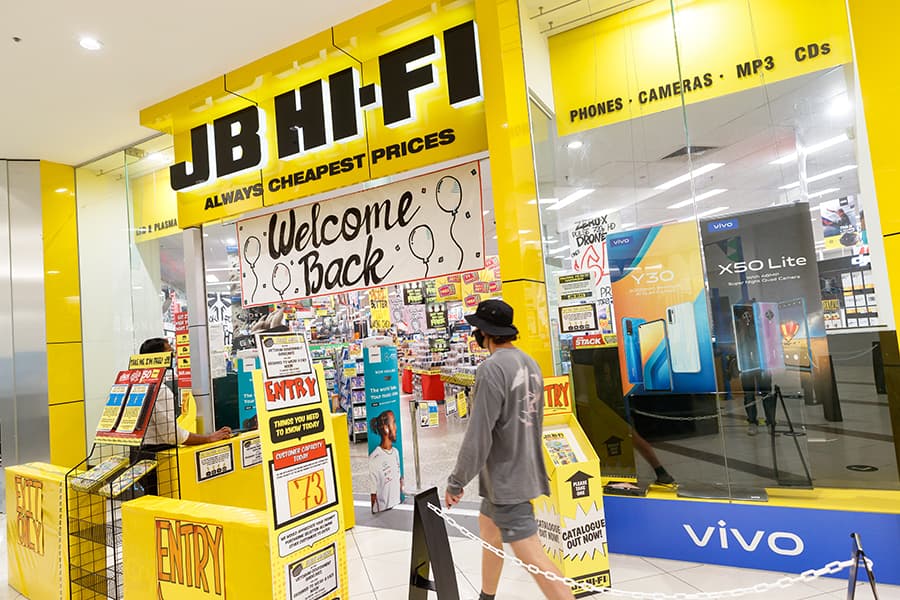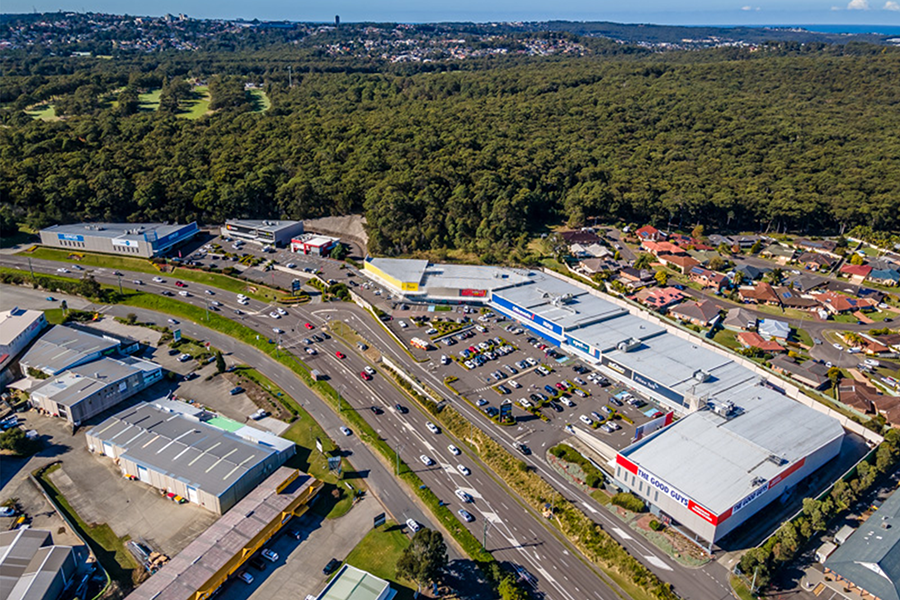The NSW Government have re-introduced the National Cabinet’s Mandatory Code of Conduct for Commercial Leasing to mandate rent relief for eligible tenants impacted by COVID-19. The Shopping Centre Council of Australia (SCCA) had called for the turnover threshold for eligible retailers to be $5 million, to ensure the Code was targeted at genuine SME retailers.
The Code previously applied to retailers with a turnover up to $5 million, after the NSW Government reduced the turnover threshold from $50 million when it extended the Code form 1 January 2021 to its expiry at the end of March.
According to the SCCA, its members have provided more than $2.1 billion in rental abatement to small and medium sized retailers ($773 million in NSW) under the previous period of the Code and have been providing ongoing support for their retailers for the better part of the year without the Code of Conduct in place.
Minister for Finance and Small Business Damien Tudehope said this would provide certainty for businesses and landlords in this challenging time. “One of the biggest issues right now for so many small businesses right across NSW is rent. This package says to landlords and tenants before you take any action, sit down, talk to each other and come to an agreement on what the next few weeks looks like,” Tudehope said.
A new $40 million Hardship Fund will also be established to provide a monthly grant of up to $3,000 for small commercial or retail landlords who provide rental waivers of at least the value of the grant and any land tax relief they are eligible for.

The Code requires landlords to provide rent relief in proportion with their tenant’s decline in turnover
The Retail and Other Commercial Leases (COVID-19) Regulation 2021 will be extended until 13 January 2022 and will require landlords to renegotiate rent having regard to National Cabinet’s Code of Conduct. The Code requires landlords to provide rent relief in proportion with their tenant’s decline in turnover. Of the rent relief provided, at least 50% must be in the form a waiver, and the balance a deferral. The Regulation applies to commercial and retail tenants with a turnover of up to $50 million who qualify for the COVID-19 Microbusiness grant, COVID-19 Business grant or JobSaver payment, which requires a 30% turnover reduction.
Shopping centre owners argued for the turnover threshold of $5 million to be retained to be eligible for coverage under the rental code of conduct based on evidence and where they know support is most needed, ensuring coverage for genuine small businesses, leaving bigger and more profitable retailers with access to capital to negotiate with their landlords in good faith.
Angus Nardi, Executive Director, SCCA said: “We suggested a continuation of the $5 million threshold to ensure the Code is targeted at genuine SMEs, and those that need the most support.”
“Shopping centre owners are rock solid in standing behind legitimate SME traders who are doing it tough, they have done for the past 12 months and will continue to do so – but our industry has zero appetite for another round of landlord bashing and commercial opportunism that translates into big profits for big retailers.”
The $50 million turnover threshold imposed by the NSW Government is now likely to be interpreted as a hard cut-off at which all rental assistance ends which is unnecessary and generous given underlying fundamentals of the economy and how it has behaved when restrictions ease. Much of the rent abatement and deferrals extended to big retailers under “the spirit of the Code” has simply translated into higher profits and dividends for listed retailers at the expense of their own investors.

JB Hi-Fi has reported a 67% increase in profit across a year of lockdowns
Retailers have reported boosted earnings supported by significant growth in revenue and unprecedented online growth. As an example, this week, JB Hi-Fi has reported a 67% increase in profit across a year of lockdowns.
“Sadly, the so-called spirit of the code is now dead – killed off by big retailer profit and Friday’s decision by the NSW Government to reinstate the Code of Conduct with a $50 million turnover threshold which is bad policy, badly made,” said Nardi. “The regulatory mess of the Code simply conditions certain retailers to treat leases and the payment of rent as being discretionary and optional.” said Nardi.
“Our industry was already supporting SME retailers, and while we had a collaborative approach with some groups unfortunately we’ve seen some pretty simplistic advocacy to ask Governments to reinstate a broken system that relies on someone else’s funds.”
In early July, Scentre Group CEO, Peter Allen, who is also Chairman of the SCCA, issued a note to say they were working with their SME retailers, with a turnover of up to $5 million, “to mitigate the short-term cashflow impact on their business” through appropriate rent deferral.
Commonwealth Bank data released last week revealed only 240 deferrals for business customers’ loans by July 31, less than 0.1% of its portfolio. This is compared with 83,000 at the height of the pandemic last year. The CBA data is in line with pooled data from the Australian Banking Association that shows from July 8 to first week of August about 600 business loans nationally were in deferral compared to 225,000 business loans last year.
Peak retail industry bodies the National Retail Association (NRA) and the Franchise Council of Australia (FCA) have also welcomed the decision to provide urgent tenancy relief to struggling businesses. Similar to the focus of the SCCA, in calling for a return of the Code the NRA and FCA last week noted that businesses with a turnover of up to $5 million needed the most the support.
NRA CEO Dominque Lamb said, “Many businesses in NSW are close to breaking point, this decision to reintroduce the leasing code will at least provide hope to those struggling.”
FCA CEO Mary Aldred said it was a common-sense decision and that the NSW Government should be commended for taking on board industry feedback.





















